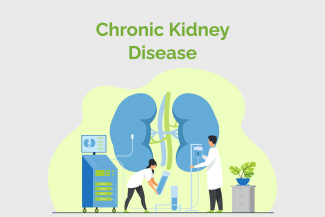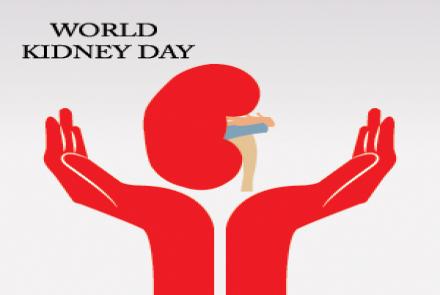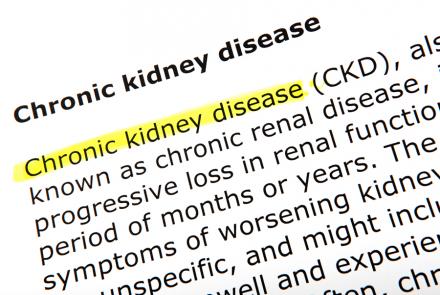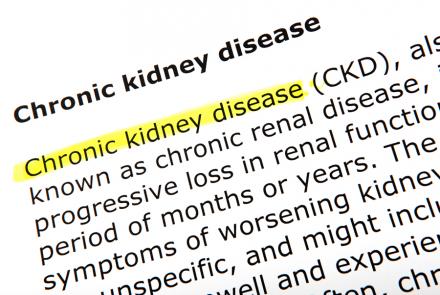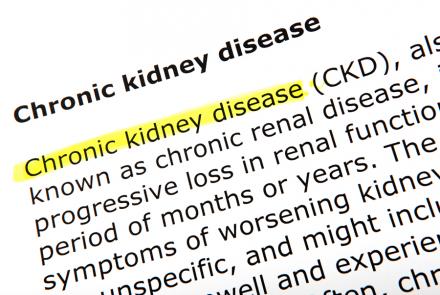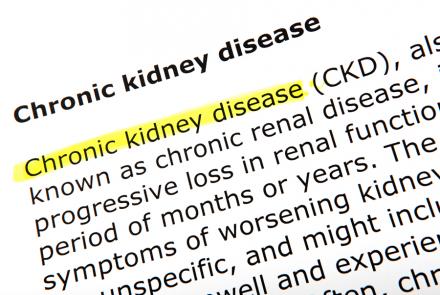Chronic kidney disease (CKD) is a worldwide public health problem.
lthough the exact reasons for the growth of CKD are unknown, changes in the demographics of the population, differences in disease burden among racial groups, and under-recognition of earlier stages of CKD and of risk factors for CKD may partially explain this growth
It is also known as Chronic Renal Disease.
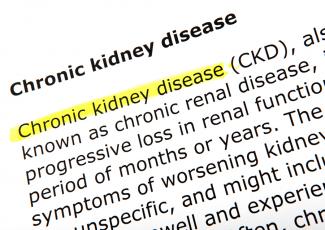
Your doctor may suggest the following treatments for CKD:
- Control of blood pressure
- Treatment of the original disease, like treatment of diabetes
- Angiotensin converting enzyme inhibitors (ACEIs) or angiotensin II receptor antagonists (ARBs) to control the progression of kidney disease by improving renal blood flow
- Replacement of erythropoietin and calcitriol (intravenous or intramuscular iron therapy prior to treatment with erythropoietin is recommended)
- Phosphate binders used to control serum phosphate levels, which are usually elevated in advanced chronic kidney disease.
- Zerenex (TM), a promising new drug used in the treatment of both elevated serum phosphate levels and anaemia in these patients, likely reducing or eliminating the need for other drugs
- For Stage 5 chronic kidney disease, renal replacement therapy is usually required, in the form of either dialysis or a kidney transplant
- Phosphodiesterase-5 inhibitors and zinc show potential for helping men with sexual dysfunction
Changed
20/Jul/2017
Condition

